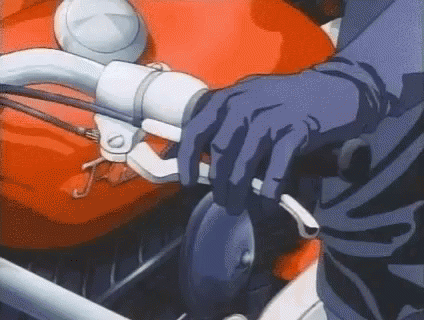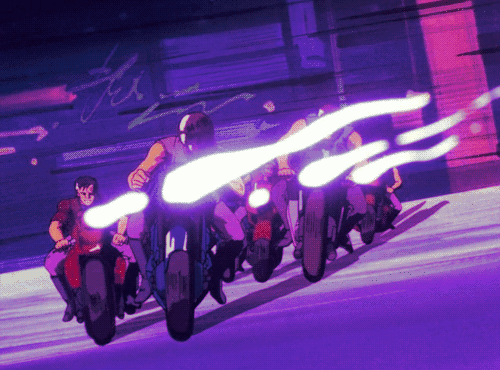Why must the venom of regret pump bitterest in the vein while the heart already suffers to throb? Why, in children's stories, do the ghosts of the past haunt only the most ruinous, the most forsaken abodes—the mansions and attics where their happiness moldered? Khvresh wondered. In this sordid, sleepless place, wondering was all he could do to squander his immortality in some final, desperate pastime. But why not? All hopes for redemption or redress had long fled the hole he now infested. Its ground was salted with the crumbs of old, dead dreams.
These walls, shelter from the sun, sheltered too from the stars. Emerging from the earth, Khvresh found at times that entire seasons had waxed and waned with nary a thought for he; he, who once lorded over death, and rot, and despair, and entropy itself. Desert flowers burgeoned and wilted. Summer storms flooded the roads and swept away their detritus, and the sands drank them up again. And none of these things—indeed, no one in the world—watched for the parting of Caurgast lips, doted on Caurgast decrees, sought Caurgast consent. The world had buried them and forgotten. Though they yet lived, already they were inhumed. Yet, and Khvresh anguished to even acknowledge it, his was not the greatest tragedy to befall one of their race. For even this subterranean hell afforded him three comforts still, three more than some could savor in the ashes of Solomon Kane's holocaust. First—the vampire's boon and his bane—gone was the need to count time, measure the angle of the sun, tiptoe round half-lit dwellings fearing the baleful rays which leaked in.
Second: though scarce and scattered, prey, when it came, was easily felled. In some undutiful belief that they had only brigands and wolves to fear on the roads, or that the western vampires who fled through their lands followed in the same feeding traditions as the native counterparts, caravan bosses still armed their guards with weapons of steel and wood; toys, for all the good they did. There should have been some food left, Khvresh remembered, now that food and humans domineered his thoughts. He rose from hammocks of camel hide, nailed to rock and strung around stalagmites. Blind as an earthworm, but probing the all-familiar surfaces with taloned feelers, he dragged his belly along the clenching clefts like meat wriggling down a throat; he crawled until the cavern yawned high and wide, like he had splashed into the stomach of the earth.
The Caurgasts had made of this cavern something like a master foyer, and its lowest corner was their larder. An eons-old drip, drip, drip from the toothy ceiling had shallowed out the rock, while a heap of putrescence had dyed it a maggoty grey-green. Hunching over the bones, Khvresh pried them apart with his hands, and cracked them open against the points of the stalagmites. But scraps of cartilage and crumbs of marrow would not sate
any vampire, never mind one who had supped the blood of kings, not so long ago. (How long
had it been?) He scooped up more bones, turning them over in his hands, feeling for the slimy, spongy give of flesh neglected in past feedings, missed by greedy teeth. What he found was but a flap, but it was meat, and he swallowed it whole and felt it sliding greasily down his throat, more greasily than he through the craggy tunnels. And what a pathetic meal it made. It barely silenced Khvresh's panting and scraping, the din of some flogged beast. Mustering enough backbone to creep up to the mouth of the cave, and seeing from the reddish and shadow-streaked sands that the sun smoldered in the west, he turned, and, having no other choice, scanned the antechamber for his third comfort, the one he treasured most. Though two others no doubt hid and amused themselves elsewhere in the black, impermeable network of their asylum, the third shivered nearby, also watching the light. She had her knees pulled up against her chin, and she rocked back and forth on her buttocks. She looked terribly anxious, in the way of children guarding a closet door for spooks.
"As the sun rises, so too must it fall again," said Khvresh reassuringly, "my darling Lornhir." He knelt to run his hand through her hair, finding it, like his own, matted and greasy. Under his touch she remained taut, and neither this nor his promise, cooed into a soot-smudged ear, stirred her from her angst.
"Say," Khvresh continued, "what about a hunt? Would that lift your spirits?"
Not even this, however, could tempt Lornhir from her mesmerism. Something in particular—or nothing at all, and the oppressive weight of this absence—kept its clinch over her terrored heart; a corner of the cavern had become fecund, a breeding-ground for her nightmares. But Khvresh could fill the shadows with teeth and talons, too. He could play just the same song over his prey; even when the heart was stagnant, and beatless, and just as black as his.
"Lornhir, your brother hungers. Hunt for him." He reached under Lornhir's skinny, girlish arms, and wrested her up until she had nowhere else to look but at him. "Food! Hunt!" he screamed, spittle now dotting her cheek.
How had it come to this? Khvresh could forgive the mortals and infant races for forgetting his name; the Caurgasts, as far as the world knew, had been vanquished, exterminated, over thirty years ago. But his own sister? Even she no longer feared him?
But just as he moved a hand to strike her, Khvresh swore he saw another shift, far in the reaches of his eye's periphery. Where something in the shadows yawned and stretched, like it rose from a deep, deep slumber. And for a moment, one moment, he and Lornhir were as like in heart as they were in flesh and blood. He understood. He shared her terror.
Lornhir dropped from his hands and scampered to his feet, cowering behind his bare and grimy legs.
"Shah-Cthaumaphon," muttered Khvresh, the name threatening to choke him as it surged up his throat like vomit. "He has returned?"










